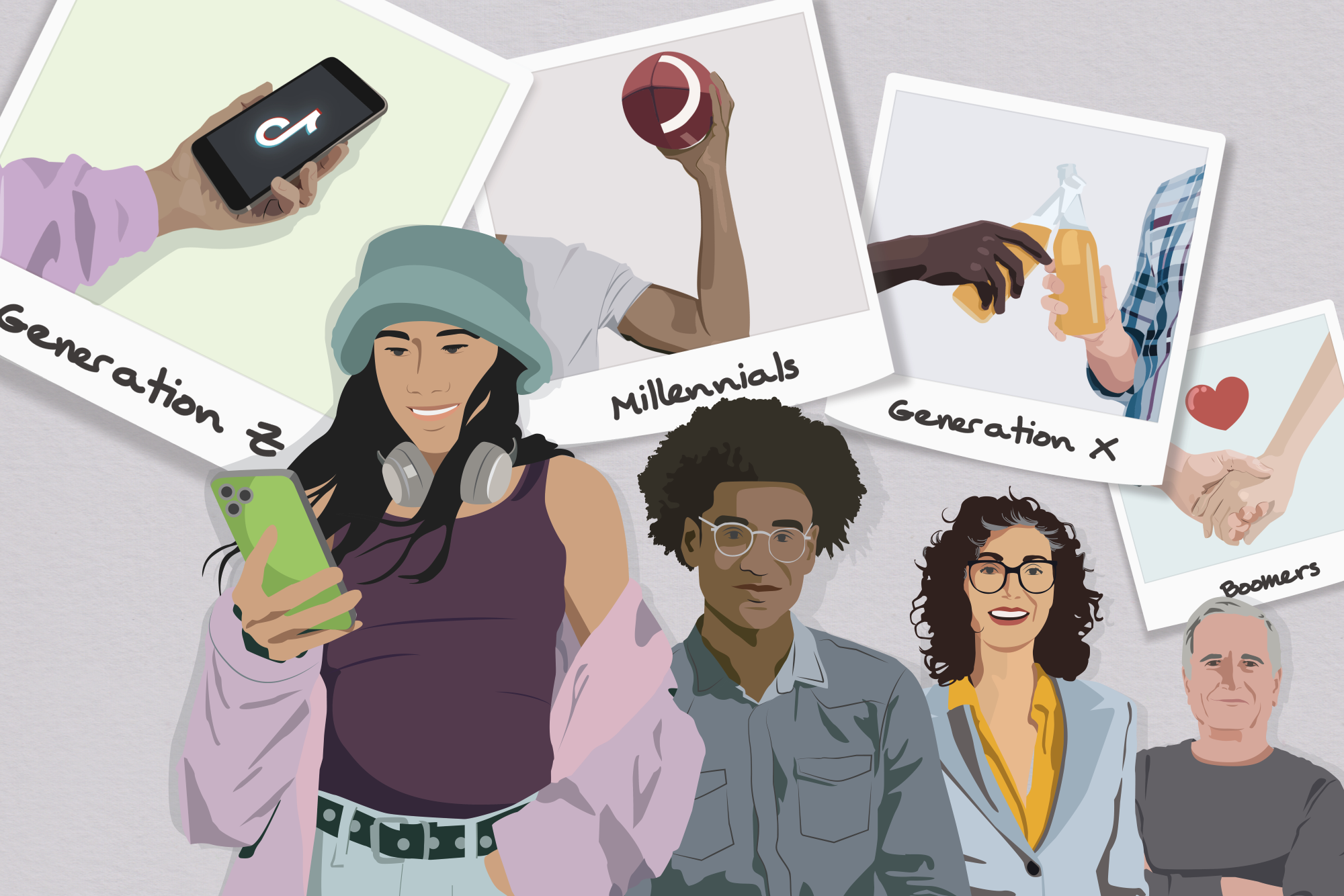
Why Gen Z Is Redefining What It Means to Be Political Identity
Josh Shear – Gen Z is shaking the foundations of how we define politics. For decades, political identity has been shaped by parties, elections, and ideologies but Gen Z is approaching it in a completely different way. With a unique blend of activism, digital fluency, and cultural sensitivity, their version of politics looks more like community building than campaign rallies. The Gen Z political identity is bold, decentralized, and deeply personal.
Unlike previous generations, Gen Z doesn’t wait for election season to speak up. Their political lives are lived daily—through what they share on social media, the brands they support, and the causes they champion. For them, politics is not just about government it’s about values, representation, and systemic change. The Gen Z political identity is forcing everyone to rethink what it means to be truly engaged.
Growing up with smartphones in hand and information at their fingertips, Gen Z navigates the world through digital platforms. These tools have transformed political engagement. The Gen Z political identity is built around constant connection, where political moments happen on Twitter, TikTok, and Instagram as much as they do in town halls.
Whether it’s a viral hashtag or a meme exposing inequality, Gen Z’s activism blends humor, emotion, and strategy. They don’t just consume information they create it. The Gen Z political identity thrives in these fast-moving digital spaces, where attention spans are short but messages must be powerful. In this landscape, a single voice can become a movement in hours.
One of the most defining traits of the Gen Z political identity is their disinterest in traditional political parties. Surveys repeatedly show that many Gen Zers identify as independents or reject party labels entirely. Instead, they rally around issues climate change, racial justice, LGBTQ+ rights, mental health, and student debt.
This focus makes their activism feel more urgent and authentic. They don’t vote based on party lines—they vote for policies and people who align with their values. The Gen Z political identity is rooted in moral clarity, not partisanship. It’s not about left or right it’s about right and wrong, and they’re unafraid to call out either side when needed.
One of the most debated aspects of the Gen Z political identity is their embrace of call-out culture. Critics call it cancel culture, but Gen Z sees it as accountability. For them, being political includes holding influencers, brands, and even public institutions responsible for harmful behavior.
Whether it’s boycotting companies with discriminatory practices or demanding apologies from celebrities, this generation doesn’t separate public influence from social responsibility. The Gen Z political identity includes drawing hard lines around ethics and values and insisting that others do the same.
Another shift in the Gen Z political identity is their redefinition of leadership. Gen Z doesn’t wait for politicians in suits to speak for them. They look to creators, activists, and even peers who represent their values. Leadership is about visibility, relatability, and impact not age or authority.
Movements like March For Our Lives and Fridays for Future are driven by Gen Z voices who are still in high school and college. These individuals have redefined who gets to lead and what leadership looks like. The Gen Z political identity is about empowering everyday people to step into political conversations and to be heard.
For Gen Z, mental health is not a private issue it’s a political one. With rising awareness of anxiety, depression, and burnout, they demand systems that support well being. From school policies to workplace culture, the Gen Z identity includes the right to mental health care as a form of justice.
They push for destigmatization, better healthcare access, and inclusive conversations. Politicians who ignore mental health no longer get a free pass. The Gen Z identity views emotional wellness as tied to economics, education, and human rights.
Mainstream media often misunderstands or underestimates the power of Gen Z. But their influence is undeniable. The Gen Z political identity is rewriting how we talk about power, policy, and participation. They may not always show up in traditional ways, but they show up loud and clear online, in the streets, and at the ballot box.
This generation doesn’t seek to join the system as it is they want to reshape it entirely. With their ability to organize, mobilize, and disrupt, the Gen Z political identity has already changed the national conversation. They are proof that politics is not just something you vote on it’s something you live every day.
Older generations may roll their eyes at TikTok activism or think memes are shallow, but they’re missing the bigger picture. The Gen Z identity is layered, powerful, and deeply rooted in lived experience. Their methods may be new, but their mission is timeless: to make the world more just, inclusive, and responsive.
Whether you agree with all of their tactics or not, one thing is certain Gen Z is here to stay, and they are changing what it means to be political. The rest of us would do well to pay attention.
This website uses cookies.